Sindh suffers without a viable tourism policy
STDC officials think there’s no need for one when the sector has been making do on autopilot
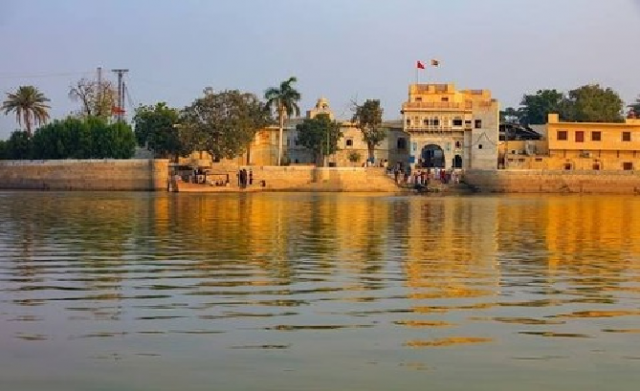
Despite being a relatively untapped sector, and one wielding significant potential to aid Sindh’s economy, tourism has long remained unable to gain momentum in the southeastern province.
Experts and stakeholders linked to the flailing industry thoroughly believe that Sindh’s unique geography lends it a great capacity for a laundry-list of tourism options like ecotourism, religious tourism, archaeological excursions and wildlife exploration. However, it is the lack of a viable tourism policy from the Sindh government that has kept the industry from contributing to the growth of gross domestic product or facilitating the employment sector, as often envisioned.
“Many countries of the world with only artificial tourism contribute up to 60 per cent to their economies. It’s very unfortunate that we have natural tourism potential, but the provincial government has not finalised its policy and kept the province from aiming for its full tourism potential,” opined Dr Ghulam Murtaza Lahbar, who holds a doctorate in tourism.
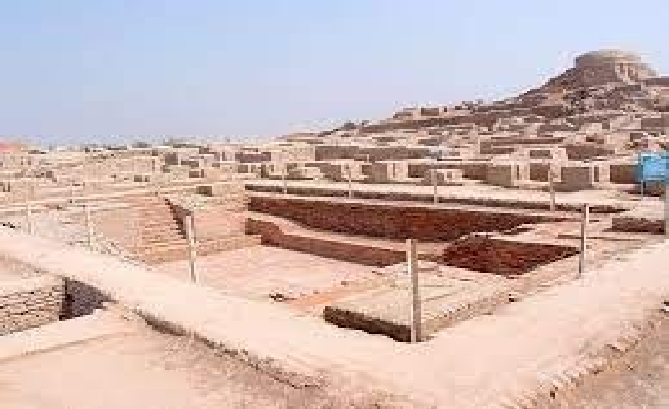
Photo: Hafeez Tunio
Giving the example of Malaysia, Thailand, Dubai, Egypt, Turkey, Maldives and Singapore, he said that these countries have managed to create a safe environment for their visitors and offer them a variety of entertainment options in every city. “We no night life in our cities. How are foreign tourists expected to feel safe when they see armed guards roaming left, right and centre. So evidently, we are currently at ground-zero when it comes to tourism, which is why the federal government has to stick to promoting northern areas year after another, which is not sufficient,” he added.
Elaborating on the absent policy Dr Lahbar said that when one is drafted, it will have to be holistic in its approach and focus on more public-private partnerships, easy visas for foreigners, better transportation options, accessible accommodations, local security and infrastructure development, which he believes is only possible with greater coordination between relevant departments. “Without policy, there is no status of tourism and the government seems to be vision-less,” he opined.
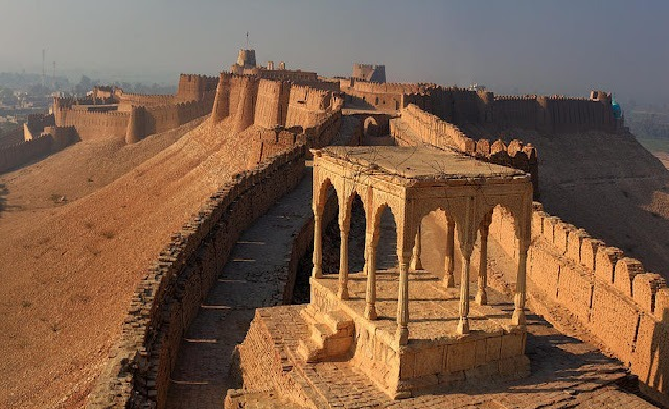
Photo: Hafeez Tunio
Speaking in the same vein, Mujahid Shah, who recently launched the Indus Tourism Club with the aim of promoting local tourism, shared that Gorakh Hill, a hill station situated at an elevation of around 6,000 feet in the Kirthar ranges of the Dadu district, has the potential to be a popular tourist destination. “But the road infrastructure leading to the site is in dire straits and travelling on it is a risky affair. Other than that, there is no access to potable water, proper accommodation or even washrooms, at many of our tourist sites, including this one. If the government considers working on these basic issues, Gorakh has all the makings to be the Murree of Sindh,” expressed Shah.
Addressing the few rest houses built by the provincial government at some of the tourist hotspots, owner of the Indus Tourism Club said that hardly a single tourist entry is reported here, in Kai, Sehwan, Manchar or the historiacal Bhambore sites. He went on further to allege that the only visitors at these guest houses are the friends and family of influential politicians, who tend to use these places as their own.
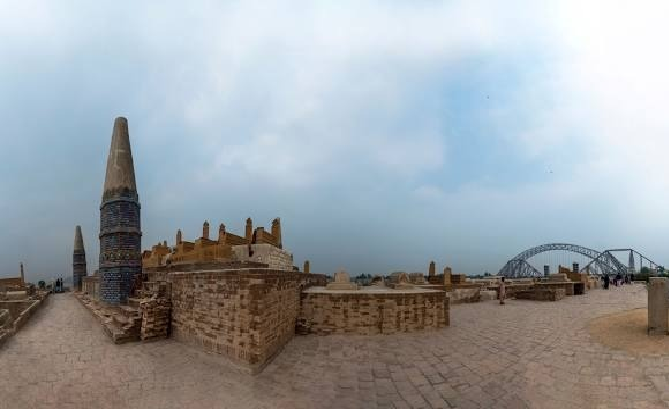
Photo: Hafeez Tunio
“Sindh culture department has built a state of art Rooplo Kolhi resort in Nangarhar in Tharparkar district, which is too expensive for locals to live there. Apart from this, the facilities at Keenjhar resort in Thatta district are also so expensive that people with their families can’t afford it,” lamented Shah, adding that there are no proper initiatives on the part of the government for the promotion of tourism and monitoring the existing sites.
When The Express Tribune contacted officials of the Sindh Tourism Development Corporation (STDC) for their comments on the matter, most of them appeared unaware of plans of any tourism policy and rather unwilling to talk.
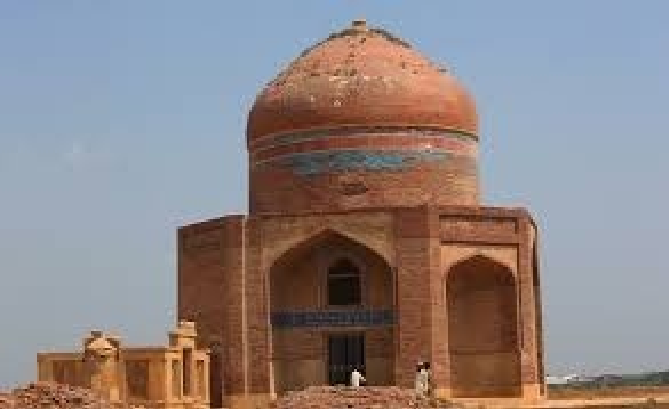
Photo: Hafeez Tunio
For instance, STDC Assistant Director Adil Ahmed, being a senior officer in the department had no idea about the significance of a tourism policy. “Why is the policy needed if we earn more than the exception. Do you have any policy to run a newspaper,” he snapped, irked by the question.
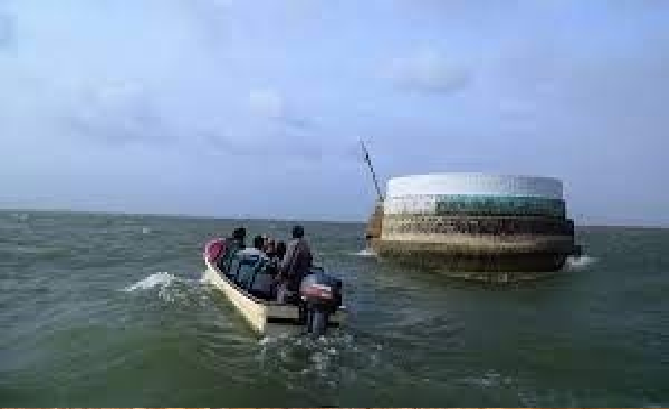
Photo: Hafeez Tunio
When asked if there was work being done on a potential policy, he said “We have earned around Rs25 million from tourism last year. If we can earn such a huge amount during the pandemic then why are policies mandatory?” the director countered, while talking to The Express Tribune.
Published in The Express Tribune, January 2nd, 2022.












1724319076-0/Untitled-design-(5)1724319076-0-208x130.webp)






COMMENTS
Comments are moderated and generally will be posted if they are on-topic and not abusive.
For more information, please see our Comments FAQ